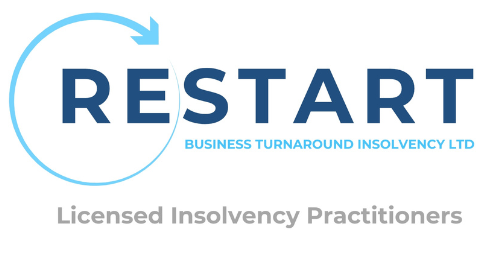
The pandemic has brought with it uncertainty for both businesses and individuals, especially those who are either self-employed or sole traders. Social distancing and lockdown measures have had an adverse effect and may have given rise to cashflow issues despite the business remaining viable.
As we begin to see the light at the end of the tunnel via the vaccine roll-out, sole traders may need the support of a formal insolvency procedure, not to end their business, but to ensure that it can survive.
Here’s a brief description of how an IVA can help a struggling sole trader to keep afloat.
IVAs were introduced in 1986 to offer individuals an alternative to bankruptcy. They have mainly been used by consumer debtors, typically those in employment that have overextended on unsecured credit. Whilst an IVA is an option for such individuals in certain circumstances, the procedure was originally introduced to assist sole traders facing financial issues.
An IVA is simply a legally binding agreement for an individual to repay his or her liabilities, in full or in part, over a certain period of time. The Proposal can take any form. Usually it offers monthly contributions from trading profits/income over a 5 year period but can also include a sale of certain assets or third party contributions or a combination. The Proposal must demonstrate that the outcome for creditors is better than the usual alternative, bankruptcy.
An IVA requires a Licensed Insolvency Practitioner who assesses whether an IVA is a realistic option. The IP will assist in the production of the Proposal and, once it is signed by the individuals, will become the ‘Nominee’ whose role is to circulate the Proposal to creditors and convene a decision procedure for creditors to consider it.
At the decision procedure creditors will accept the Proposal (with or without modifications) or reject it. For the Proposal to be approved, 75% of creditors by value must vote in favour. If modifications are proposed they must be approved by the individual.
Once approved, the Nominee then becomes Supervisor with a responsibility, as the name suggests, to supervise events and ensure that the individual complies with his or her obligations under the Proposal. The Supervisor will receive the funds due under the Proposal and, following payment of costs, will begin to make distributions to creditors. Once all realisations have been made, a final distribution will be made, and the IVA will be concluded successfully. If the Proposal provided only for part payment of an individual’s liabilities, the balance will then be written off.
Advantages
- The individual retains control of his/her affairs
- Jobs are safeguarded
- Returns to creditors are maximised with the individual possibly obtaining some debt relief
- Limited investigation into the circumstances leading to the financial position of the individual
- Limited public disclosure. No advertisements, although it will be registered at The Insolvency Register
- Avoidance of bankruptcy
Disadvantages
- The obligations established under the Proposal could stretch over as much as 5 years. However, whilst legally binding, the arrangement is flexible and can be varied with creditor approval
- High threshold for acceptance, though skilled advice will help
For any sole traders facing a worsening financial crisis an IVA may provide a lifeline. We can offer a free initial consultation with one of our team, who will talk you through the steps you can take to secure the best possible outcome for yourself, and your creditors. It’s crucial that you take decisive action today and failing to do so may worsen your situation. The quicker you act the more chance that creditors will accept a Proposal.
To discuss all the options that are available to you, and l the services that we can offer, please get in touch today.
News...

Established in 2018, the directors at Restart BTi have over 50 years of experience to assist companies, business owners and individuals with expert advice and tailored solutions when facing financial difficulties.